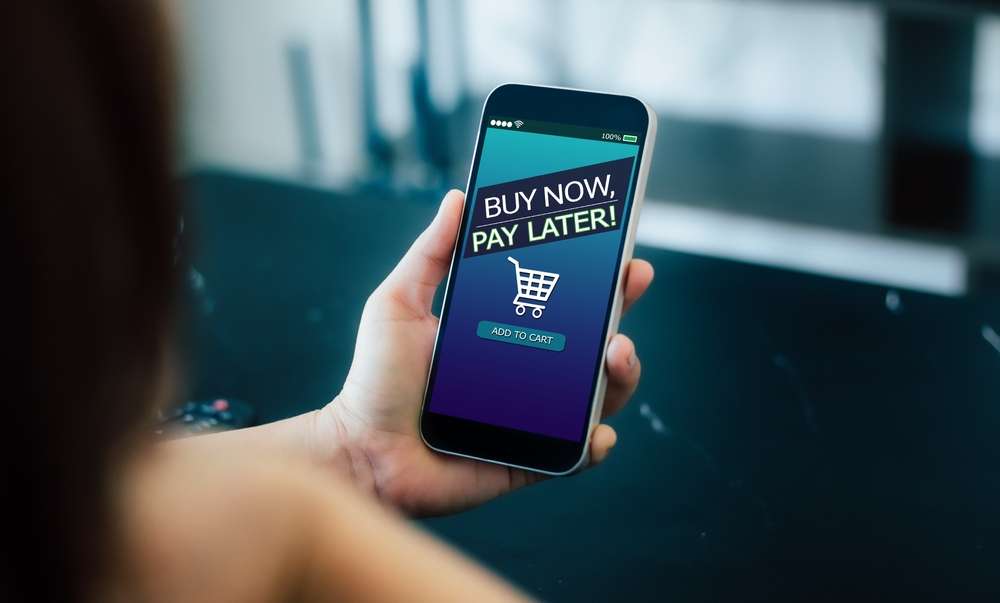Understanding buy now pay later phone deals
More and more consumers are choosing buy now, pay later plans when purchasing new phones. This shift is changing the way people think about upgrading their tech. Learn how these payment options function and what you should keep in mind before deciding if they’re right for you.

What are buy now pay later phone deals?
Buy now pay later (BNPL) phone deals are financial arrangements that enable consumers to purchase a mobile phone immediately and pay for it in installments over a set period. Unlike traditional credit cards, many BNPL services are interest-free, especially if payments are made on schedule. These plans typically involve an initial payment, followed by a series of smaller, regular payments, often weekly or fortnightly. Providers partner with retailers to offer these payment options at the point of sale, both online and in physical stores across Australia. The approval process for BNPL services is generally quicker and less stringent than for conventional loans, focusing on factors like payment history and current financial capacity.
These payment solutions are distinct from traditional phone contracts, which often bundle a phone with a mobile service plan over a longer term, usually 24 or 36 months, with the phone cost integrated into the monthly bill. BNPL deals, conversely, primarily focus on the device’s cost, offering a separate payment structure for the hardware itself. Consumers then typically purchase a SIM-only plan from their preferred mobile network operator. This separation can provide greater flexibility, allowing users to switch mobile plans or providers more easily without being tied to a device repayment schedule linked to their service provider.
Benefits of buy now pay later deals
One of the primary advantages of BNPL phone deals is enhanced financial flexibility. They allow consumers to manage their cash flow more effectively by breaking down a significant purchase into more manageable segments. This can be particularly beneficial for individuals who may not have immediate access to the full cost of a new smartphone but can comfortably afford smaller, regular payments. The interest-free nature of many BNPL plans, when payments are made on time, means that consumers only pay the advertised price of the phone, avoiding additional financing charges that can accumulate with credit cards or personal loans.
Another benefit is the accessibility to newer technology. BNPL options can make the latest smartphone models more attainable for a broader demographic, reducing the upfront financial barrier. This means consumers can upgrade their devices sooner or acquire a phone that might otherwise be outside their immediate budget. Furthermore, the straightforward application process and quick approval times offered by many BNPL providers contribute to a seamless shopping experience. For responsible users, consistently meeting payment deadlines can also positively contribute to their financial reputation, although BNPL services typically do not build traditional credit scores in the same way as credit cards.
How to choose the right buy now pay later option
Selecting an appropriate BNPL option involves evaluating several factors to ensure it aligns with your financial situation and purchasing needs. Firstly, consider the total cost of the phone and the repayment schedule. While many BNPL services are interest-free, some may charge fees for late payments or offer promotional interest-free periods that revert to interest-bearing terms if not fully paid within the specified timeframe. Always review the terms and conditions carefully, including any account keeping fees, payment processing fees, or default charges.
Secondly, assess your ability to meet the repayment obligations. It is crucial to ensure that the installment amounts are affordable within your regular budget to avoid late fees or potential negative impacts on your credit history with some providers. Consider the length of the repayment period; shorter periods mean higher individual payments but less time committed, while longer periods offer lower payments but extend the commitment. Finally, compare different BNPL providers available in Australia, as their terms, approved retailers, and eligibility criteria can vary. Some providers may have stricter approval processes or offer different features, such as payment reminders or flexible payment date options.
| Product/Service | Provider | Key Features | Cost Estimation |
|---|---|---|---|
| iPhone 15 Pro (128GB) | Afterpay | Four fortnightly payments, no interest if on time | Approximately A$1849 (full price), paid in 4 x A$462.25 |
| Samsung Galaxy S24 (128GB) | Zip Pay | Flexible weekly, fortnightly, or monthly payments, interest-free up to A$1000, monthly fee applies | Approximately A$1399 (full price), flexible installments |
| Google Pixel 8 (128GB) | Latitude Pay | 10 weekly payments, no interest if on time | Approximately A$1199 (full price), paid in 10 x A$119.90 |
| Motorola Edge 40 (256GB) | Humm | Various payment plans, ‘Little things’ (up to A$2000) or ‘Big things’ (up to A$30,000) | Approximately A$699 (full price), flexible installments |
Prices, rates, or cost estimates mentioned in this article are based on the latest available information but may change over time. Independent research is advised before making financial decisions.
Conclusion
Buy now pay later phone deals provide a convenient and flexible payment solution for acquiring new smartphones in Australia. By allowing consumers to spread the cost over time, these services can make advanced technology more accessible and help manage personal finances. However, understanding the specific terms and conditions of each provider, including repayment schedules and potential fees, is essential. Responsible use, involving careful budgeting and timely payments, ensures that consumers can enjoy the benefits of these services without incurring additional costs or financial strain. Evaluating the various options available and selecting one that best fits individual financial circumstances is key to a positive experience.




